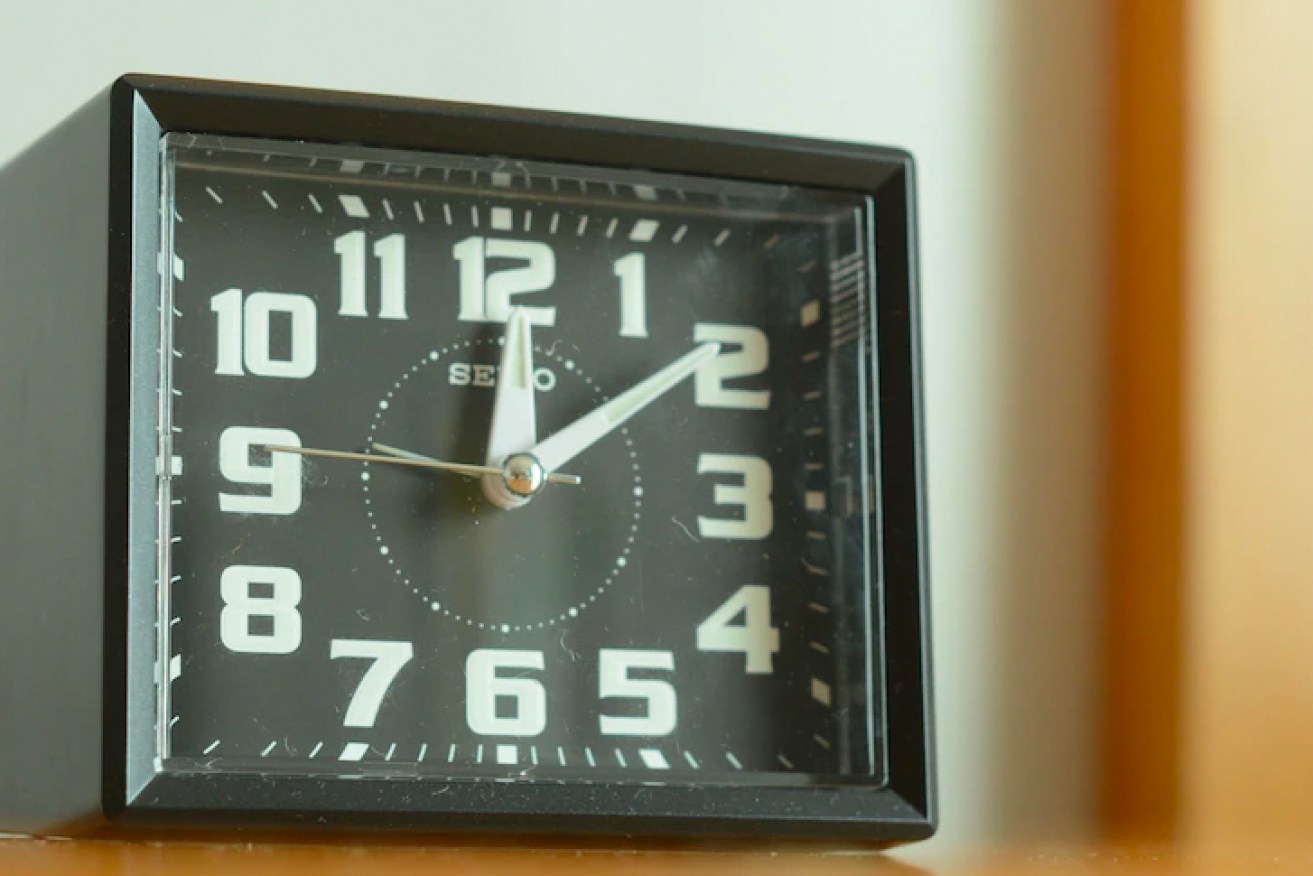The 700-year history of the musical alarm clock

Thought your analogue alarm clock was old school? You're about seven centuries ahead of the oldest. Photo: Unsplash/ABC
Does your morning alarm wake you up with a little song? A funky synth beat, maybe, or some soothing chimes?
Well, sleep-eyed and messy-haired you might be, but stand tall: You’re following an important medieval tradition that kicked off some 700 years ago.
That’s right, the musical alarm has been around a lot longer than smart phones or the little box within arm’s reach of your pillow.
Up there among the most impressive inventions in history, the first musical alarm clock was a radical piece of technology.
And their purpose extended well beyond timekeeping.
The clocks were wielded in political conflict, used to demonstrate religious loyalty and, more simply, to show off some ripping tunes.
An ‘astonishing’ invention
As ancient time-keeping goes, sundials were popular – albeit with obvious limitations at night.
Water clocks, which used markings to measure the flow of water, were also commonplace.
But in the 14th century, time-keeping technology took an enormous leap with the advent of the “astonishing” weight-driven mechanical clock, Matthew Champion, historian and senior research fellow at Australian Catholic University, says.

This 16th century Strasbourg Clock, with parts from the 14th century, was technologically groundbreaking. Photo: Getty
Dr Champion, who has studied ancient clocks in locations all over the world, says these early mechanical clocks were “complex geometrical objects” produced by skilled intellectuals and craftspeople, requiring sophisticated mathematics and technical know-how to create.
The technology took off, spreading all across Europe, and by the late 15th century domestic clocks started appearing in elite homes and courtly environments.
“As time goes on, that object becomes more intimate and personalised, able to be put on the wall of your home, the sort of wall clock model with the weights hanging down – or personalised watches, which are a 16th-century phenomenon,” Dr Champion says.
But, he says, well before all that, many of the earliest mechanical clocks had a little-known feature: Automated tunes that rang from their bells.
The French city of Rouen, in the region of Normandy, is home to one of the earliest examples.
Here, Dr Champion says, in 1321, a trail-blazing automated clock played “a little fragment of a hymn that local monks would have been quite familiar with”.
“The idea was that at the start of each day, and in the hours during the day, each hour could become a prompt to devotion,” he says.
In 14th century Europe, “towns [were] interested in displaying their piety through these objects”, Dr Champion says.
Inside monasteries, musical alarm clocks stood in stairwells leading to monks’ dormitories.
Most musical clocks played church music – Latin chants, hymn tunes or psalms – until the 16th and 17th centuries, when they started playing some secular music too.
‘Mirrors of the heavens’
For many, the clocks were “objects of piety”, offering insight into how time operates in relation to eternity.
They were seen as “mirrors of the heavens, because time is taken from the heavens [and] the movement of the Sun and the Moon,” Dr Champion says.
But on the flip side, he says, “there were plenty of people who thought religion was a bit of nonsense”.
For them, the musical alarm clock was more a technological or musical marvel.
“There’s obviously a kind of sanctioned institutional idea of time being encompassed in sacred protection … and then there were some people thinking, ‘well, that’s a pretty tune’,” Dr Champion says.
“There are other people who might encounter these objects as marvels or wonders; as strange, extraordinary objects of novelty.”

The musical clock on Frauenkirche (Church of Our Lady) in Nuremberg, Germany. Photo: Getty
Clock conflict
But the history of the earliest alarm clocks isn’t all piety and easy listening.
In the 16th century, with Reformation – the religious revolution that saw the splintering of the Roman Catholic Church – the musical clock was weaponised.
Some French Protestant reformers would smash clocks playing Catholic music, Dr Champion says.
Then, when Catholics regained control of a town, they would rebuild their clocks to play the same old tune.
In the 15th century, in the Abbey of Park, outside Louvain in Belgium, one clock’s tune was at the centre of a major debate: Whether or not to believe in the immaculate conception of the Virgin Mary.
“Inviolata was a tune that became associated with those who wanted to support the doctrine of the Immaculate Conception,” Dr Champion says.
“So by playing that tune … that monastery was aligning itself with the papal position, which was pro the Immaculate Conception.”
It’s an example, he says, of ways in which clocks’ melodies were “used to signal particular allegiances”.
“Those conflicts even played out at the level of taking a clock from one town to another,” Dr Champion says.
In the Belgian town of Courtrai in 1382, there was a rebellion against the reigning Duke of Burgundy, Philip the Bold.
And how did Duke Philip demonstrate his defiance?
“He just takes their clock from their town tower and schleps it from Courtrai to Dijon [in France],” Dr Champion says.
Hopefully today, centuries later, we’re beyond alarm clock conflict (unless your partner hits snooze too many times).
But as we’re daily sung from sleep by crystal, twinkle, blues or lullaby, we can still marvel at the piece of history waking us up.
–ABC








